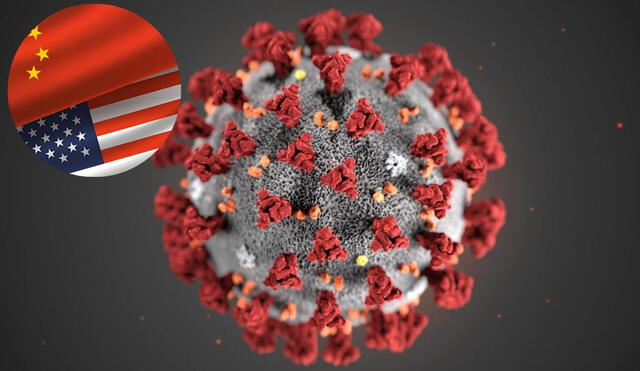New COVID-19 Variant NB.1.8.1 spreads rapidly in China and reaches the U.S.
A new COVID-19 variant, NB.1.8.1, is spreading fast across China and the U.S., showing increased resistance to antibodies, even in the vaccinated. As health experts urge action, the world faces a critical test of preparedness and adaptability.

A new COVID-19 variant, NB.1.8.1, has raised international concern after it spread rapidly in China and is now being detected in the United States. The variant, first detected in Asia, has been found in major U.S. states such as California, New York, and Virginia through airport surveillance programs. Health officials are following its trajectory closely due to its sudden emergence globally.
Although NB.1.8.1's symptoms fever, cough, and fatigue, are similar to those of earlier variants, its heightened transmissibility and partial immunity evasion are troubling. Hospitals in locations like Hong Kong and Taiwan have noted rising admissions. Specialists indicate this wave could overwhelm health systems if the variant is permitted to propagate unchecked.

ALSO SEE: Trump Administration halts Student Visa interviews, Introduces expanded Social Media vetting
New COVID Variant NB.1.8.1 Spurs Mask, Booster warnings
The World Health Organization has designated NB.1.8.1 as a "variant under monitoring." Preliminary studies suggest it is 1.5 to 1.6 times more resistant to antibody neutralization than previous strains. The studies indicate a heightened risk of infection, even among vaccinated or previously infected individuals.
As such, public health authorities have urged the use of face masks in public and recommend vaccine boosters, especially for vulnerable populations. However, new U.S. policy changes on vaccination limit the use of boosters, reserving them for high-risk populations such as the elderly and immunocompromised.
Experts urge vigilance as NB.1.8.1 Evolves, Vaccine updates May Be needed
The public health authorities stress the requirement to remain vigilant and to adapt measures to the evolving character of the virus. Flexible and science-guided responses are required to prevent another massive outbreak. These include rapid detection, public awareness, and equitable vaccine allocation.

Health workers in protective gear respond as the NB.1.8.1 COVID-19 variant sparks renewed concerns after spreading from China to the U.S. Photo: X
Scientists continue to monitor the development of NB.1.8.1. Drug companies might have to refresh vaccine formulations in order to successfully target this variant and other mutations going forward. It is a reminder that the danger of the pandemic is not yet finished and that continued readiness is essential.












